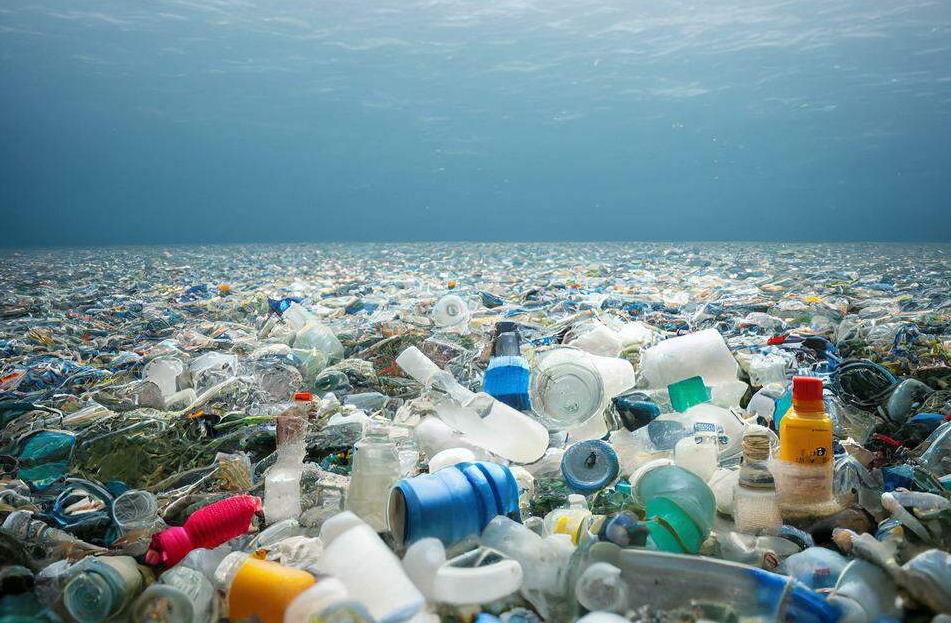Plastic waste has become one of the most urgent global environmental challenges, causing profound impacts on the Earth’s ecology, economy, and human health. Below is a brief overview of the related issues:

Environmental Pollution
Approximately 460 million tons of plastic are produced globally each year, with about 70% being single-use products that quickly become waste after use. According to a 2018 report by the United Nations Environment Programme, of the 9 billion tons of plastic products ever produced worldwide, only 9% have been recycled, about 12% incinerated, and the remaining 79% ultimately accumulated in landfills or entered the natural environment.
Threats to Oceans and Wildlife
About 8 million tons of plastic waste enter the oceans annually, accounting for 80% of all marine debris. Marine animals mistakenly ingest plastic waste, leading to digestive system damage, malnutrition, and even death. Species such as sea turtles, seabirds, and whales often die from ingesting plastic.
Microplastic Pollution
Plastic degrades slowly in the natural environment, forming microplastic particles less than 5 millimeters in diameter. These microplastics are ingested by marine organisms, entering the food chain and potentially posing health risks to humans.
Greenhouse Gas Emissions
The production and degradation of plastics release greenhouse gases. For example, plastic waste decomposing in landfills may emit methane and other greenhouse gases, further exacerbating climate change.
Economic Losses
Plastic pollution causes economic losses in fisheries, tourism, and cleanup costs. For instance, marine plastic pollution reduces fishery resources, impacting fishermen’s livelihoods; plastic debris on beaches affects tourism revenue; and cleaning up plastic waste requires significant funding.
Solving the plastic waste problem requires global cooperation and multi-faceted measures such as reducing usage, increasing recycling rates, and developing alternative materials to jointly tackle this environmental challenge.
